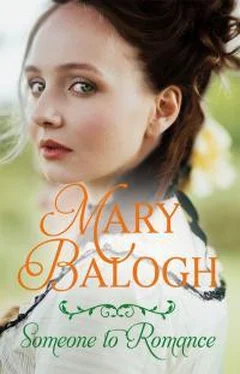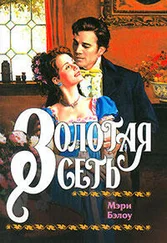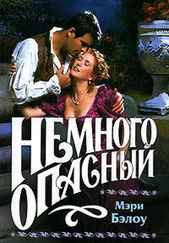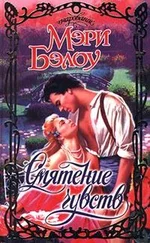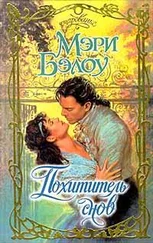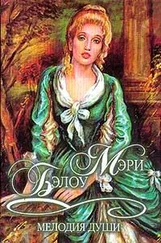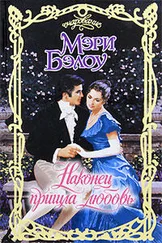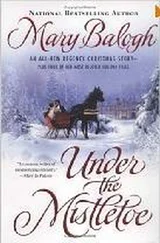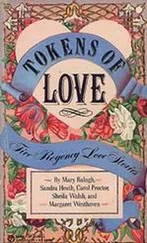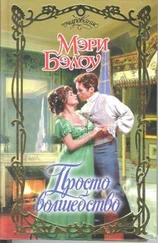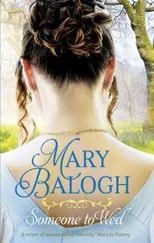“Took home?” she said. “His parents were there at the time, then?”
“Yes,” he said.
“Did they too urge you to run away?” she asked.
He thought about it. “Manley did,” he said. “His wife and my cousin Philip’s wife were comforting my aunt, who was in frail health to start with and had apparently collapsed with shock. They were all afraid I would be arrested and convicted. Manley and Philip did not believe my alibi would be credible.”
“They all believed you to be guilty, then,” she said.
“I did not speak with the women before I fled,” he said. “But the three men implied that they believed it.”
“Who was the father of the child?” she asked. “And who killed the mother’s brother and your friend? Do you know?”
“Yes,” he said. “I know.”
This was a bizarre conversation to be having in these magical, festive surroundings.
“But you are not going to say,” she said after a minute’s silence.
“No.”
Not yet, anyway.
He had noticed a few narrower avenues branching off the main one. Another of them was just ahead. He needed to give the two of them a chance to recover from this conversation. He had had other plans for tonight. Or other hopes, perhaps. He had never been as confident of success with Lady Jessica Archer as he had pretended to be. And it seemed he knew pathetically little about romancing.
“Come,” he said when they reached it, and he turned her and himself onto the path he had seen.
He was a bit surprised when she did not put up any resistance. He was even more surprised when he, finding that the path was narrower than he had expected and drawing her closer to his side, disengaged his arm from hers to set about her waist, and she made no protest and did not try to put more space between them.
There were fewer lamps strung from the trees in here. The path was not totally dark, but it was dim. The sounds of voices from the main avenue and of music from the rotunda seemed immediately more remote. An illusion, no doubt. He could smell the trees and the earth and foliage in here. He was more aware of nature and less of man-made magic.
“You are not afraid of me?” he asked her. It had occurred to him that she might be.
“Why would I be afraid of you, Mr. Thorne?” she asked, the sound of chill hauteur back in her voice.
“Perhaps,” he said, “you do not believe me.”
“I believe you,” she said. “But I do not want to talk any more about that tonight.”
“What do you want to talk about?” he asked her.
“Do you still intend to marry me?” she asked in return, putting emphasis upon the one word.
“I do,” he said.
“I think it had better be soon,” she said.
He was not sure for a moment that he had heard her correctly. But she had spoken clearly enough, and there were no sounds close enough to distract him.
“By special license?” he asked her.
“Yes,” she said. “I think so. You have no idea how my family will fuss otherwise.”
“Over the fact of our marrying?” he asked.
“Oh no,” she said. “They will come around to that. They have clearly deemed you worthy of Estelle, after all. No, Mr. Thorne, they will fuss over the wedding—if they are given half a chance, that is. They will expect nothing less than a ceremony at St. George’s on Hanover Square with all the ton in attendance.”
He winced inwardly. “But do you not want to be fussed over?” he asked her.
“No,” she said. “I want to be married. And I believe you need to be married.”
The conversation between them had taken a bizarre turn after all. Unless he was much mistaken, he had not even asked her to marry him yet. Had he? No formal application to her brother or her mother. No prepared speech. No bended knee. No single rose, presented in person this time.
No romance. Not really.
The path opened up ahead of them to reveal a miniature garden, with a semicircular flower bed on each side, each surrounded by a strip of grass, and each with a wooden seat behind the flowers. There were more lanterns here, all of them a pale pink. It was a little haven of unexpected loveliness. Even Gabriel recognized it as a romantic spot.
They stopped, though they did not step off the path to sit down.
“Why do you want to be married?” he asked her. “More specifically, why do you want to marry me ?”
“You were right,” she said. “I felt left behind when Abby married Gil. When I went there for the christening of their baby just before Easter and then stayed for a more lengthy visit, I even felt a bit resentful, as though she had owed it to me to remain single and unhappy. I felt a little humiliated when I realized which way my thoughts were tending. I decided that when I came back here for the Season this year, I would marry at last.”
“You have legions of admirers,” he said. “Why not one of them? Why me?”
“I like them all,” she said. “I am even rather fond of most of them. Perhaps of all of them.”
“You do not like me?” he asked her. “You are not fond of me?”
She looked at him for a long time, with something of a frown. The light of the lanterns gave a rosy glow to her complexion and her forearms, which were not covered by her wrap. It made her dress look more like a deep rose pink. A reminder of his first sight of her after he arrived in London.
“To be honest, I do not know the answer to either question,” she said at last.
“Why do you want to marry me, then?” he asked her.
She drew breath and closed her mouth again. He waited.
“I think,” she said at last, “it is because I want you.”
Well, that was an unexpected answer. He guessed that she thought so too. He wondered what her cheeks would look like if the light were not already pink. It was clear she was talking about sex.
“In bed?” he said.
She turned her head away for a moment as though to examine the flowers, but she looked back into his face before she spoke. She had some courage, this woman he wanted to marry.
“Yes,” she said. “Virginity becomes tiresome, Mr. Thorne, when one is twenty-five. You have had a strange way of romancing me, if that is what you have been doing. It has been curiously effective, however. Now, though, I want you to take it a stage further. I want you to make love to me.”
“And you think I can do it better than any other man of your acquaintance?” he said. “You think I can give you pleasure?”
“Yes.” Her eyes wandered over him, across the breadth of his shoulders, down over his chest and even lower. She lifted her hands and spread them very lightly, very tentatively, over his chest. She took a step closer.
The evening air between them fairly sizzled. He had to remind himself of where they were, and, God damn it, it was far too public a place. The sounds of human revelry were not far distant.
“And in return,” she said, raising her eyes back to his, “you will have a duke’s daughter and sister for a countess, Mr. Thorne. Someone who has learned from a master—her own brother—how to use her aristocratic identity and upbringing to command respect and obedience. Someone who has learned from her mother how to run an aristocratic home and how to manage a houseful of servants and how to lead and entertain neighbors. Someone who knows that her primary duty as a wife, at least for the first few years, is to give birth to sons and raise them to know their duty and their place in society. It is what you want, is it not? And why you chose me?”
“Yes,” he said.
“Then you can have me,” she said. “And I can have what I want. But answer something else first. Am I just an aristocrat with all the right qualifications in your eyes, Mr. Thorne?”
Читать дальше
